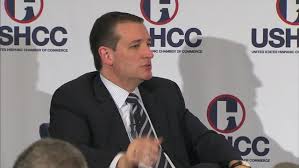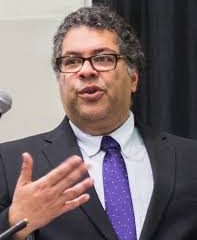The Political Journey of Ted Cruz

Introduction
Ted Cruz, a prominent U.S. Senator from Texas, has been a significant figure in American politics since he took office in 2013. His compelling journey from a conservative firebrand to a seasoned statesman has not only shaped his career but also influenced the course of the Republican Party. As a key player on various issues, Cruz’s actions and decisions are particularly relevant given the current political landscape leading up to the 2024 elections.
Career Highlights
Cruz was elected to the Senate after a successful campaign that culminated in defeating the then-incumbent Lieutenant Governor David Dewhurst. His rise to power was fueled by a platform focusing on fiscal conservatism, a commitment to the U.S. Constitution, and an advocacy for limited government. Over the years, Cruz has become known for his outspoken views on key issues such as healthcare, immigration, and tax reform.
In 2016, Cruz famously ran for the Republican presidential nomination, becoming a formidable contender against Donald Trump. Although he did not secure the nomination, his campaign was notable for its vigorous debates and focus on core conservative values, including the defense of religious liberties and a strict interpretation of the Constitution.
Recent Developments
As of 2023, Cruz continues to be an influential voice within the Republican Party and on Capitol Hill. He has been a vocal critic of the Biden administration’s policies, particularly regarding the economy, border security, and foreign relations. Cruz recently participated in several high-profile hearings and committee meetings, tackling issues such as the recent inflation surge and the U.S. relationship with China, emphasizing the need for a more pragmatic approach to governance.
His latest legislation proposals focus on revitalizing the economy post-COVID and strengthening national security—a reflection of his constituents’ growing concerns. Furthermore, Cruz has actively engaged in discussions about election integrity, voicing strong support for measures aimed at preventing voter fraud, which continues to resonate with a significant portion of the Republican electorate.
Conclusion
The future for Ted Cruz appears dynamic as he positions himself in the lead-up to the 2024 presidential election cycle. His established base and influence within the GOP suggest he may be a candidate to watch if he chooses to run again. For readers interested in American politics, following Cruz’s career trajectory and policy positions provides valuable insight into the current political climate and the Republican Party’s direction in the coming years.








